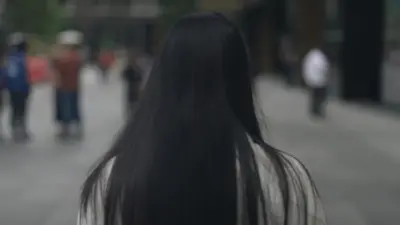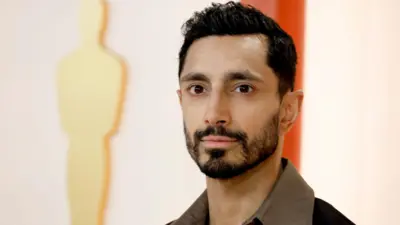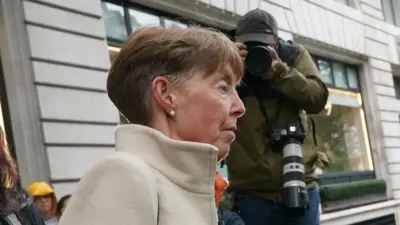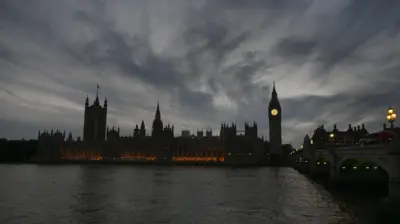We've updated our Privacy and Cookies Policy
We've made some important changes to our Privacy and Cookies Policy and we want you to know what this means for you and your data.
Iraqi forces launch offensive to retake Hawija from IS
Image source, AFP
Iraq has launched an offensive to expel Islamic State militants from Hawija, one of the last two areas in the country still held by the jihadists.
The military said the operation to capture the town, 220km (135 miles) north of Baghdad, would be "swift".
But a charity warned it was placing up to 30,000 children in extreme danger.
The operation began just two days after troops moved on the other remaining IS bastion in Iraq - in the western desert close to the border with Syria.
The military said on Thursday afternoon that they had retaken Ana, one of three main towns in that part of the Euphrates river valley held by IS.
Hawija, which lies 50km (30 miles) to the west of the city of Kirkuk, has been a bastion of Sunni Arab insurgents since the US-led invasion of Iraq in 2003.
The town fell to IS in June 2014, when the jihadist group seized control of much of northern and western Iraq and proclaimed the creation of a "caliphate".
But it was surrounded and cut off from other IS-held territory more than a year ago, when government forces advanced north towards the second city of Mosul.
Prime Minister Haider al-Abadi said he had launched the assault on Hawija on Thursday morning "in accordance with our commitment to our people to liberate all Iraqi territory and eradicate [IS] terrorist groups" and predicted another victory.
Later, the military's Joint Operations Command said soldiers, federal police officers, Sunni tribesmen and Shia paramilitary fighters were pushing southwards along the River Tigris near the town of Shirqat, west of Hawija, and had captured 11 villages.
"We finished the first chapter of the liberation operation," Lt Gen Abdul Amir Yarallah told state television.
The United Nations has warned that an estimated 85,000 civilians living in the Hawija area are at extreme risk and likely to be heavily affected by the fighting.
Save the Children said up to 30,000 children were among the most vulnerable.
Image source, AFP
"Food, water and medicine are running out, with many children reportedly weak and malnourished. Schools and hospitals have shut down," said Aram Shakaram, the charity's deputy country director.
"Now families face a terrible choice of staying put as fighting intensifies, or risking their lives to flee on foot for up to 12 hours through minefields and snipers, then wade across a river to reach safety."
Mr Shakaram said it was imperative that Iraqi and coalition forces opened up safe escape routes for civilians, and called on them to avoid the use of explosive weapons in populated areas.
Preparations for the offensive have been overshadowed by a dispute between the Arab-led central government in Baghdad and the autonomous Kurdistan Regional Government over plans to hold a referendum on Kurdish independence.
Image source, AFP
Voting is due to take place next Monday in disputed areas claimed by both sides, including Kirkuk, which has sizeable Arab and Turkmen populations.
Mr Abadi says the referendum is "anti-constitutional" and wants it cancelled.
In a separate development on Thursday, the UN Security Council unanimously approved a request from Iraq to create an investigative team to collect evidence of potential war crimes, crimes against humanity and acts of genocide by IS militants.
UN experts said last year that IS had committed the "most horrific of atrocities" against members of the Yazidi religious minority, thousands of whom have been killed or enslaved over the past three years.
Top Stories
Features & Analysis
Most read
Content is not available








